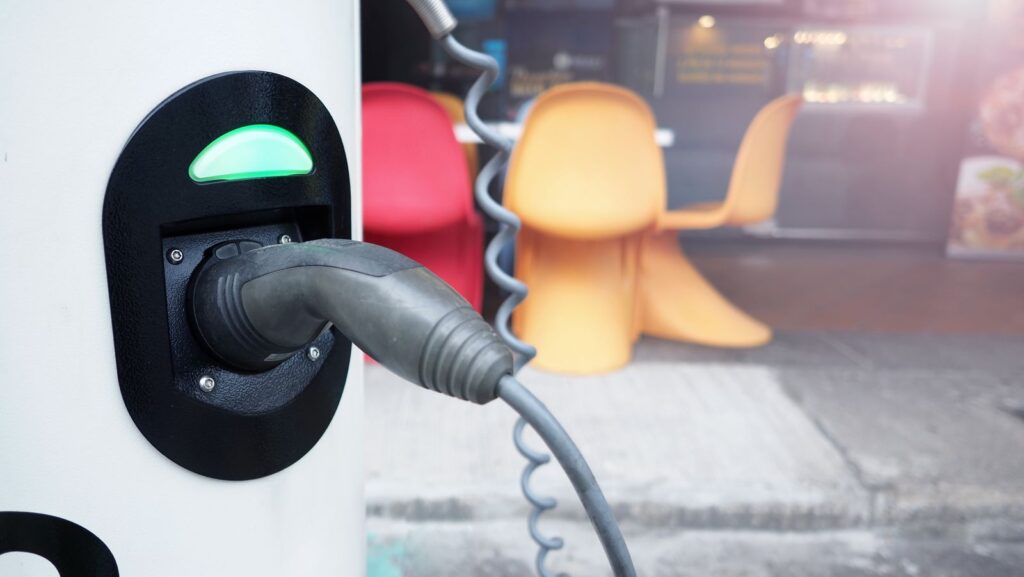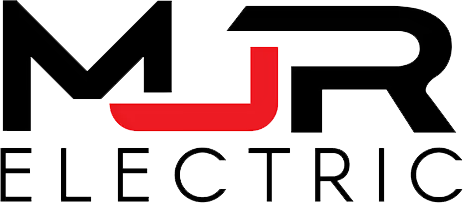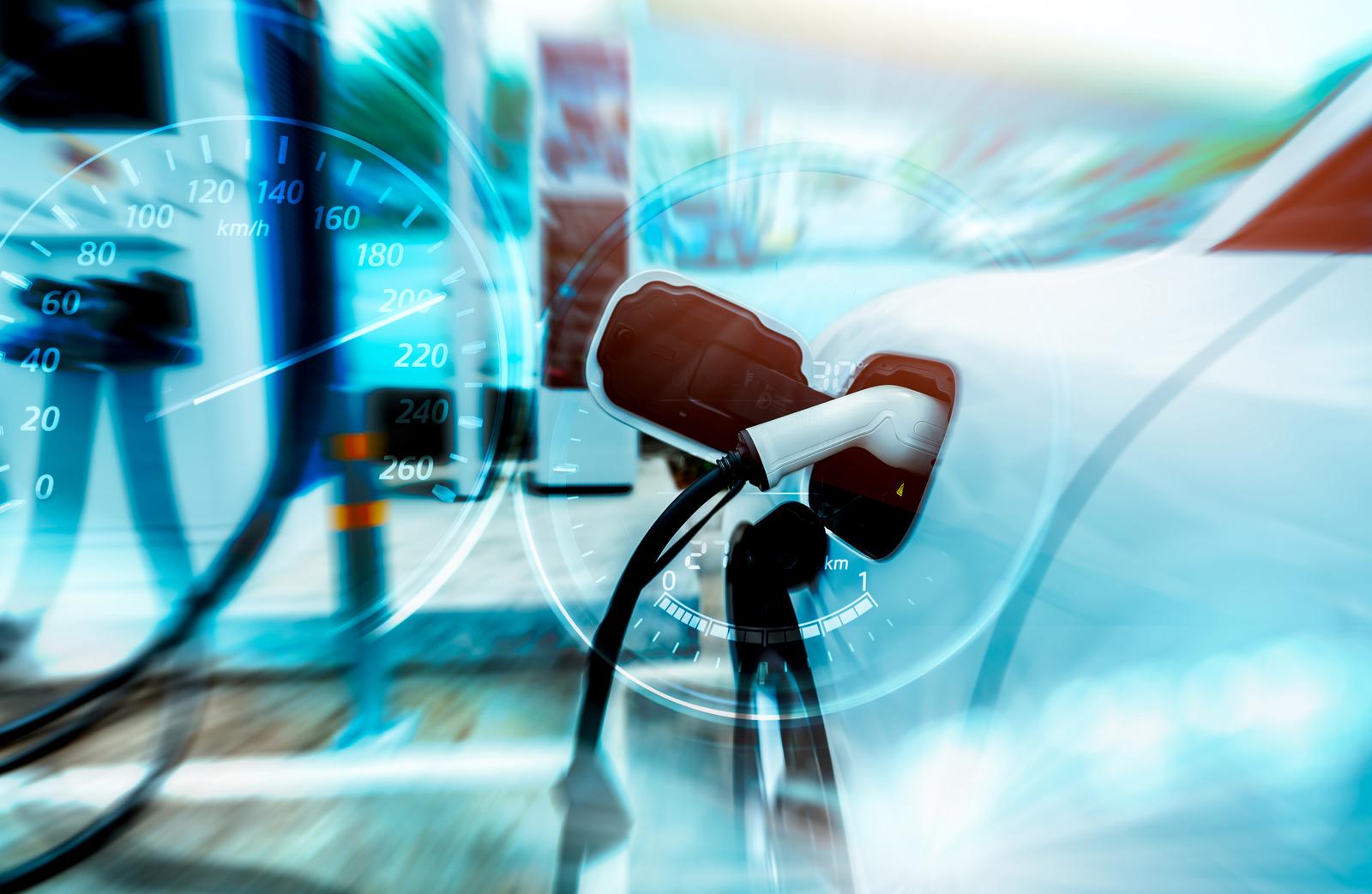As electric vehicles (EVs) become increasingly popular, it’s important for homeowners to consider the necessary steps to make their homes EV ready.
EV-ready. This may include assessing your electrical capacity, upgrading your electrical panel if required, and installing an EV charger. In this blog, we’ll guide you through the process of making your home EV-ready.
Assess Your Electrical Capacity
The first step in making your home EV-ready is to assess your electrical capacity. You’ll need to determine whether your home’s electrical system can handle the additional load of charging an EV. This can be done by checking your home’s electrical service panel and identifying the amperage rating of your main breaker. Typically, homes have a 100 or 200-amp service panel.
Next, you’ll need to calculate the electrical load of your EV charger. Most EV chargers require a 240-volt circuit and can draw anywhere from 30 to 60 amps, depending on the charger’s power output. To determine if your electrical system can handle the additional load, you’ll need to calculate your home’s electrical usage and compare it to your electrical panel’s capacity.
Upgrade Your Electrical Panel
If your electrical panel can’t handle the additional load of an EV charger, you may need to upgrade your electrical panel. This can be a complex and potentially dangerous task, so it’s important to hire a licensed electrician to do the job. An electrician can assess your home’s electrical needs and determine the appropriate size and type of panel upgrade.
Don’t let an outdated electrical panel hold you back from enjoying the benefits of an EV charger – contact a MJR Electrics’ licensed electrician today to upgrade your electrical panel and make your home EV-ready.
Install an EV Charger with MJR Electric

Once your electrical system is capable of handling the additional load, you can install an EV charger. There are several types of EV chargers available, including Level 1, Level 2, and DC Fast Charging. Level 1 chargers use a standard 120-volt household outlet and can take up to 24 hours to fully charge an EV. Level 2 chargers use a 240-volt circuit and can charge an EV in as little as 4 hours. DC Fast Charging stations provide the fastest charging time, but are more expensive and require professional installation.
MJR Electric Installation Packages – Call MJR Electric for an estimate, there are multiple factors that would need a site visit to prepare a fair quote.
5 Steps to Getting an MJR Electric EV-Ready Plan
These are the 5 steps to getting EV Charger grants from BC Hydro and as a BC Hydro certified partner, MJR Electric will take you through each step.
BC Hydro Grant for EV Ready Plan
As an incentive for homeowners to make their homes EV-ready, BC Hydro offers a rebate for the purchase and installation of an eligible EV charger. To qualify for the grant, your EV charger must be on BC Hydro’s list of eligible models and be installed by a licensed electrician.
In conclusion, making your home EV-ready involves assessing your electrical capacity, upgrading your electrical panel if required, and installing an EV charger. It’s important to work with a licensed electrician to ensure that your electrical system can handle the additional load and that the installation is done safely and correctly. With the BC Hydro grant, making your home EV-ready has never been more affordable. So, take the first step today and join the growing community of EV owners with MJR Electric.

